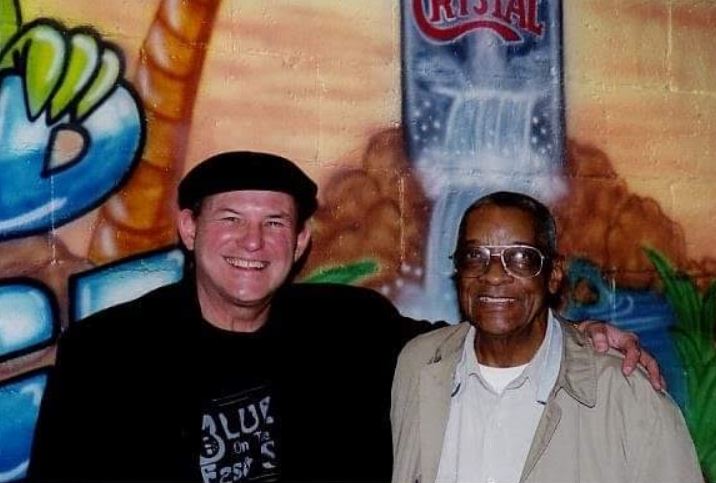Since being founded in 2003, The Grand River Blues Society (GRBS) has grown to become one of the most respected organizations of its kind by preserving the legacy of the Blues throughout the Grand River region of south-central Ontario.
Bruce Hall, one of the co-founders of the GRBS and a lifelong Blues fan, explained its early beginnings.
“It took about nine months of planning with a friend of mine in Brantford, who has since passed away. His name was Brad Cole, and went by the moniker of ‘Brad the Music Lad’. We both managed a group site and these were the days before Facebook…and that group grew up to about 100 different participants. And people in that group would write about the blues acts that were playing at a venue every Saturday afternoon,” Hall recalled. “Brad and I came up with the idea that we should include other venues in the Grand River area and came up with the name, ‘the Grand River Blues Society’ And there was some interest…to form a real Blues society. A few of us [including Brad and myself] ran with that idea. It took quite a while to get us all together in a room to flesh out the ideas of forming a real not-for-profit society, but we did it.”
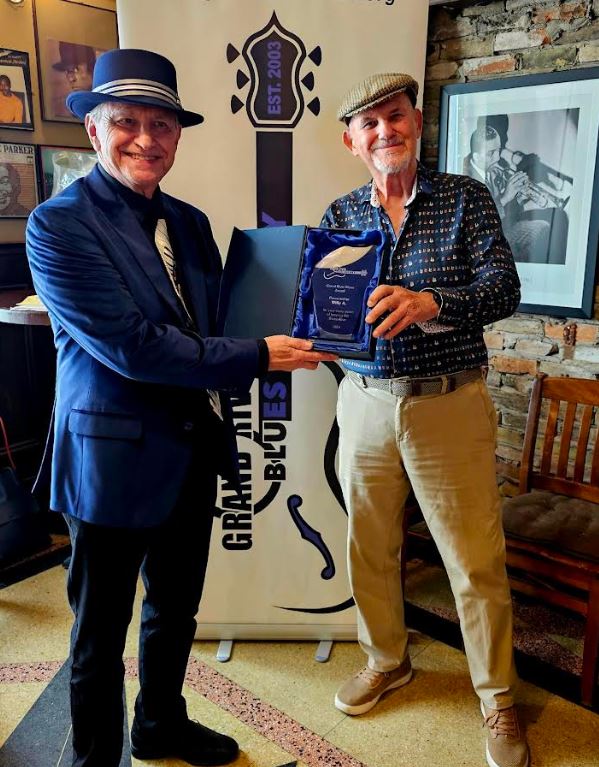
The GRBS catered to a strong community that loves the Blues, and has continued to serve the Grand River region of south-central Ontario including Kitchener, Waterloo, Guelph, Cambridge as well as Brantford. However, Hall said there was a strong enough demand for an organization like the GRBS.
“There was already keen interest [as] there was a blues society in Toronto that had been operating for around 15 years at that point. So, there had been interest from the music community [and] what we actually did for our first events was a tribute to Robert Johnson…we packed the venue for that one,” noted Hall. “This was maybe a few months before our official launch at the Cambridge Art Center. And at that event, we had about seven different bands, and local musicians. We ended up signing 85 members to GRBS then.”
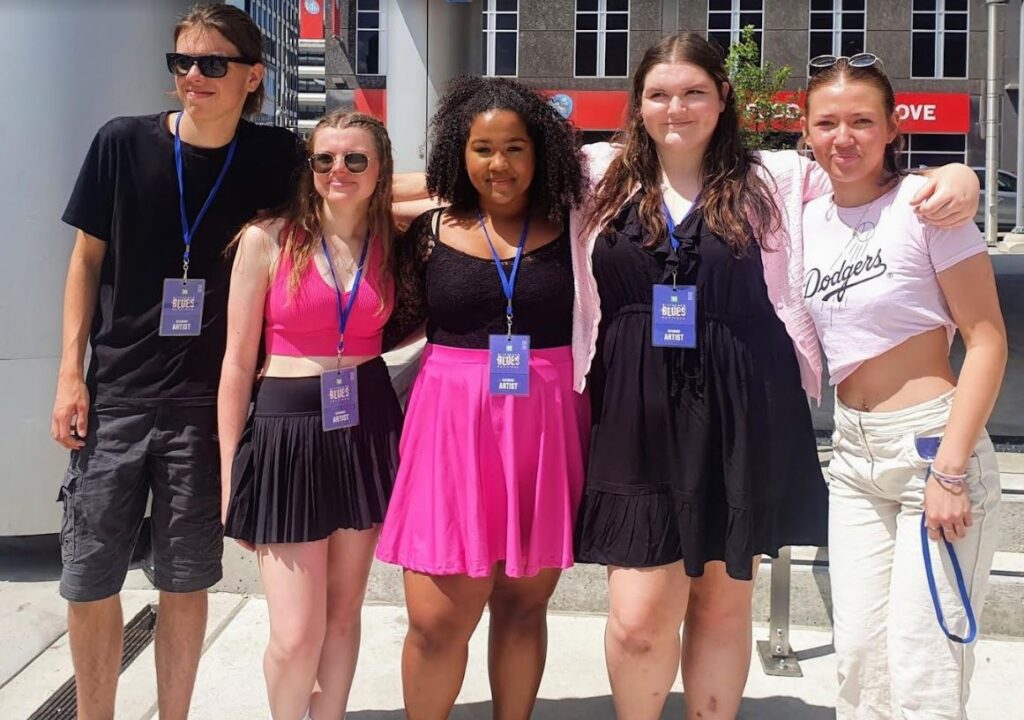
As Hall explained, the GRBS made extreme efforts to build its reputation by featuring established blues talent. However, despite drawing in many hardcore Blues fans, it was difficult to garner interest from the general public because these revered Blues musicians weren’t well known.
“Initially, we thought, as directors of a Blues society, that we had to acknowledge the big names from the United States. I decided to bring some big American acts here, and then have a local band open up for them. Quite honestly, we lost our shirt a couple of times, because the general public wasn’t aware of these Blues artists that we were bringing in,” Hall said. “These artists were fantastic, but people didn’t always know the name. They may have known the local act [but] when you were trying to fill a venue with 200 or 300 people, as we were, we fell short. We decided at that point that we would be better off simply helping out the venues…and letting them get the word out. That’s when we came up with this email blast, which has accumulated over 800 subscribers. These blues fans get a weekly email listing of where blues musicians are playing.”
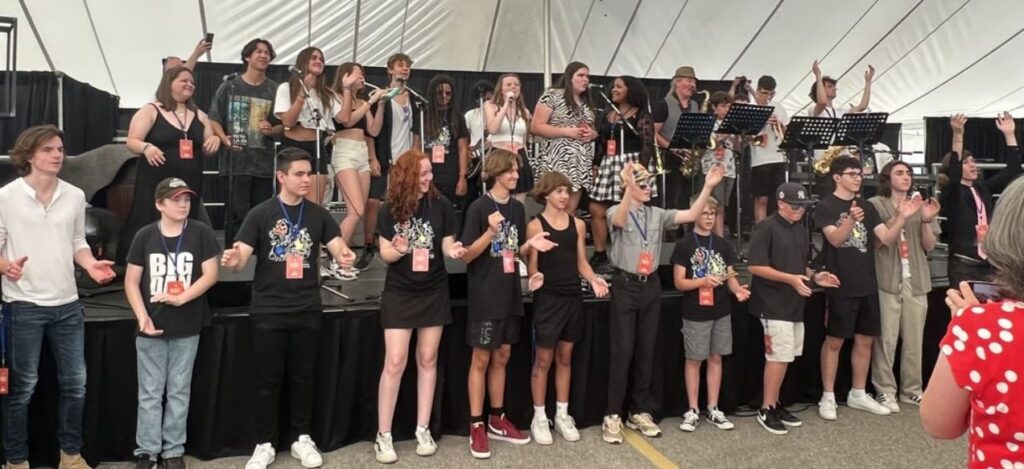
Hall and his team also started to get youth involved through popular initiatives including a summer camp.
“We have been promoting [initiatives] to getting youth involved in playing the blues [like] our Youth Blues Jams, where youth can be mentored by professional blues artists…We also implemented a Blues Camp about 15 years ago, which is over four days in the summer; we hire about a dozen to 15 professional musicians to get these kids ready to put on a live concert…which is one of the highlights of the annual Kitchener Blues Festival,” stated Hall.
Hall, who himself was part of a blues band in the 1960s, even releasing a 45 record which was played on local radio, also noted that the Youth Blues Jams have promoted talent that went on to successful careers in music.
“I’m quite proud of the fact that the Youth Blues Jams, which we put on every summer, has probably helped half a dozen musicians who are now making a career out of music. For example, Spencer Mackenzie who is out of the Fort Erie area, has gone on to release three CDs already and is touring Europe. I discovered him in Hamilton, where he did a walk-on as a 14-year-old,” said Hall.

The GRBS has also developed programs within schools to enrich children’s knowledge of the blues.
“We have a blues school program, where we’re teaching the history of the Blues in public schools and high schools with an hour-long presentation at no cost to them. Typically, we do it once or twice a year, sometimes during Black History Month, and then other times in the autumn,” Hall recalled. “A few years ago, we were able to get a grant from the City of Brantford and we did two weeks of these Blues school sessions; one in the afternoon and one in the morning. There were up to about a dozen different schools that we presented at.”
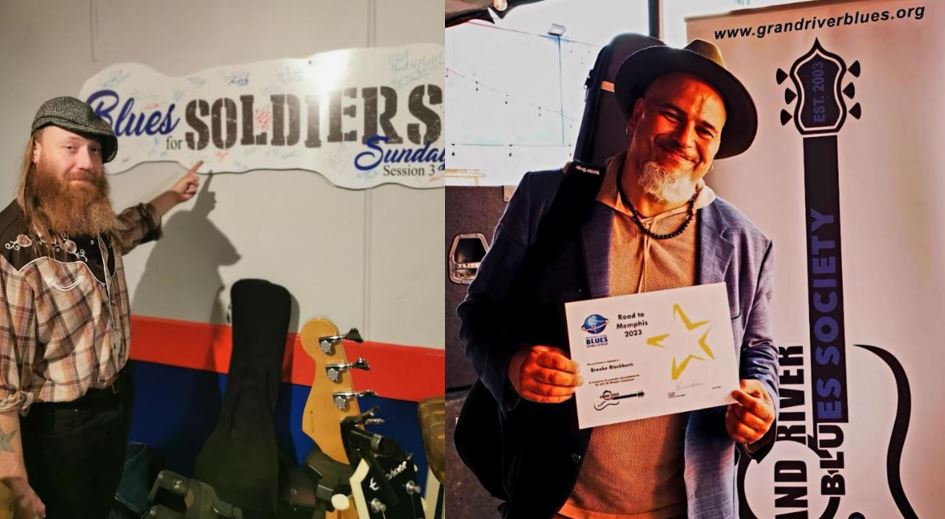
However, GRBS continues to grow because it focuses on developing as well as promoting quality events and programs especially geared to nurturing talent.
“When you go to our site, you can see what we are doing…like sending talented artists to Memphis, Tennessee to the International Blues Foundation’s challenge where musicians and bands from all over the world compete. We have been doing that for about 15 years,” Hall explained. “We also do clinics locally. We’ve done guitar clinics and harmonica clinics, and recently we did one for vocals. These are the kinds of things that we do to help preserve and promote the Blues.”
